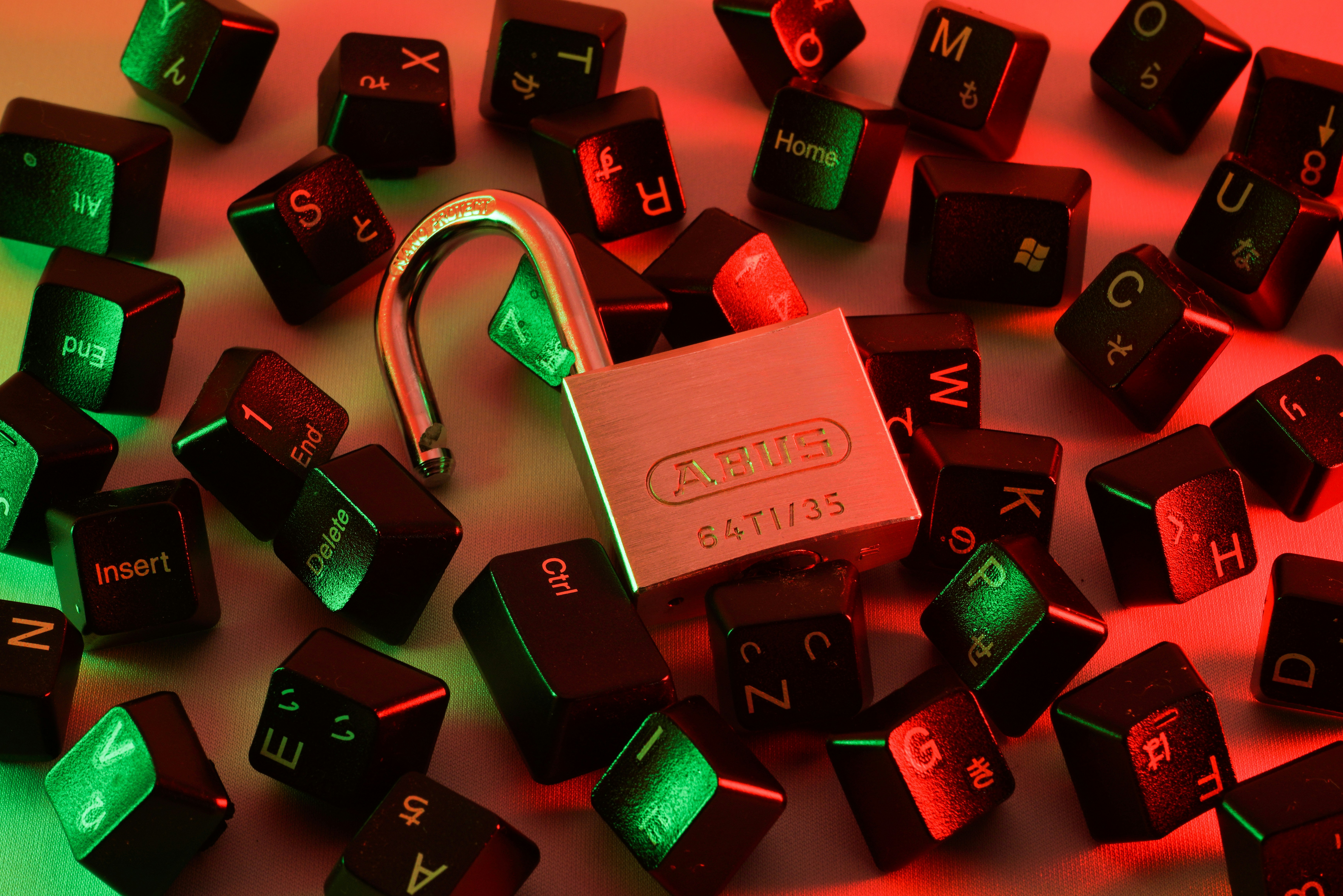Your Cyber Security Wishlist: 5 cyber security tools to gift your business this Christmas
As you tick off the names on your Christmas gift list this year, don’t forget to buy for your business too! Cyber security is the gift that keeps on...
3 min read
PKF Infuse : Sep 23, 2025 10:48:16 AM

A term that often comes up when discussing cyber security is Cyber Essentials (CE), but there’s something new coming to compliment it. Enter the NCSC Cyber Assessment Framework.
Let’s take a look at the differences and what you need to consider.
Cyber Essentials is a government-backed certification scheme created by the UK Government and overseen by the National Cyber Security Centre. It helps businesses put in place five key technical controls that protect against the most common cyber-attacks.
There are two levels:
Cyber Essentials: A self-assessment questionnaire reviewed by a certification body.
Cyber Essentials Plus: Includes an independent technical audit of your systems.
The Cyber Assessment Framework (CAF) was also developed by the NCSC, but it’s a completely different tool. Instead of a certification, it’s a structured framework used to assess cyber resilience across four objectives and 14 principles.
It was designed for operators of essential services – organisations in energy, water, transport, healthcare, and other parts of the UK’s Critical National Infrastructure (CNI).
The CAF is closely tied to the Network and Information Systems (NIS) Regulations 2018, which legally require those operators to meet a certain level of cyber resilience.
For some SMEs, the CAF may not be necessary, unless you’re formally designated as an operator of essential services.
While both Cyber Essentials (CE) and the Cyber Assessment Framework (CAF) aim to improve security, they are very different in practice:
For almost all UK SMEs, the answer is simple: Cyber Essentials.
It’s affordable, practical, and delivers immediate benefits:
The CAF only applies if:
If that doesn’t sound like your business, Cyber Essentials is the right fit.
Is Cyber Essentials mandatory in the UK?
Not for all organisations, but it’s often required for public sector contracts and increasingly expected by private clients.
Who needs the CAF?
Mainly large operators of essential services in Critical National Infrastructure.
Can SMEs use the CAF?
They can, but it’s not designed for them. It’s too resource-heavy for most small and medium-sized businesses.
Cyber Essentials or CAF: which should I choose?
Unless you’re regulated under NIS, Cyber Essentials (or Cyber Essentials Plus) is the right choice.
Cyber Essentials is like your business’s baseline defence. It’s a practical shield against everyday threats that also demonstrates your commitment to security.
The Cyber Assessment Framework is more like a comprehensive playbook for large, critical organisations with high regulatory obligations.
For most SMEs in the UK, the path forward is clear: start with Cyber Essentials. It’s cost-effective, contract-ready, and strengthens trust with your customers.
Need help with Cyber Essentials? Get in touch today to see how we can help.

As you tick off the names on your Christmas gift list this year, don’t forget to buy for your business too! Cyber security is the gift that keeps on...
Following the WannaCry ransomware attack which brought the NHS to a standstill back in 2017, cyber-crime in the healthcare sector has continued to...

Businesses rely on data and critical files, so having a method to protect and restore data in the event of a data loss or failure is critical. And,...